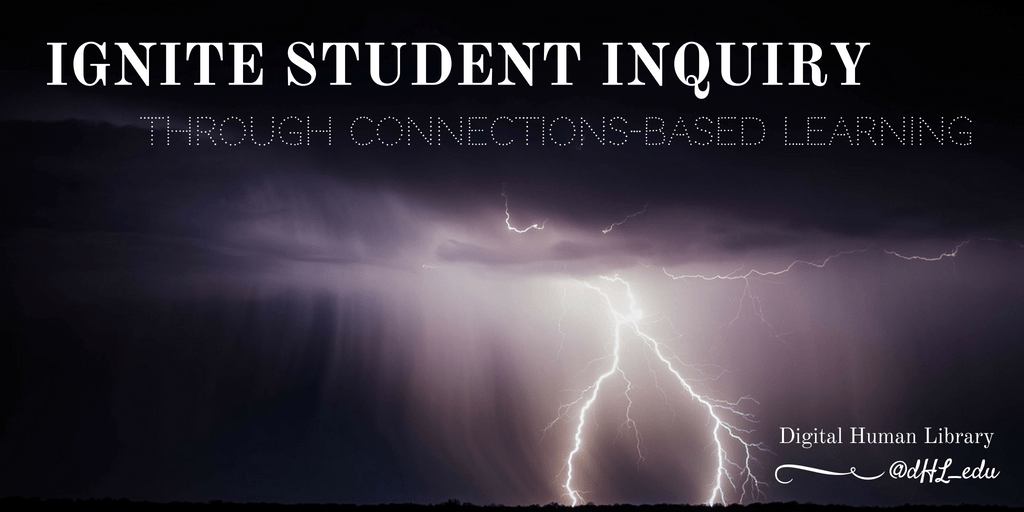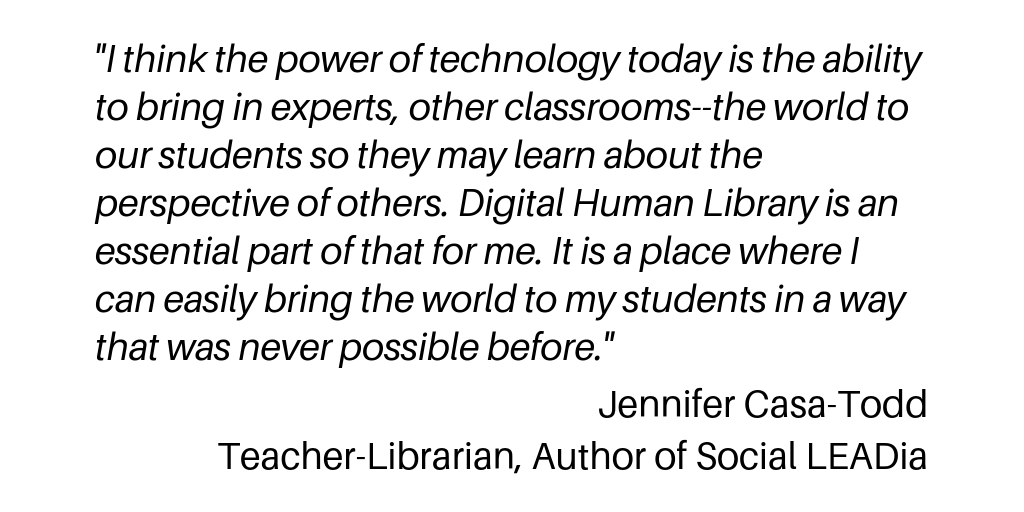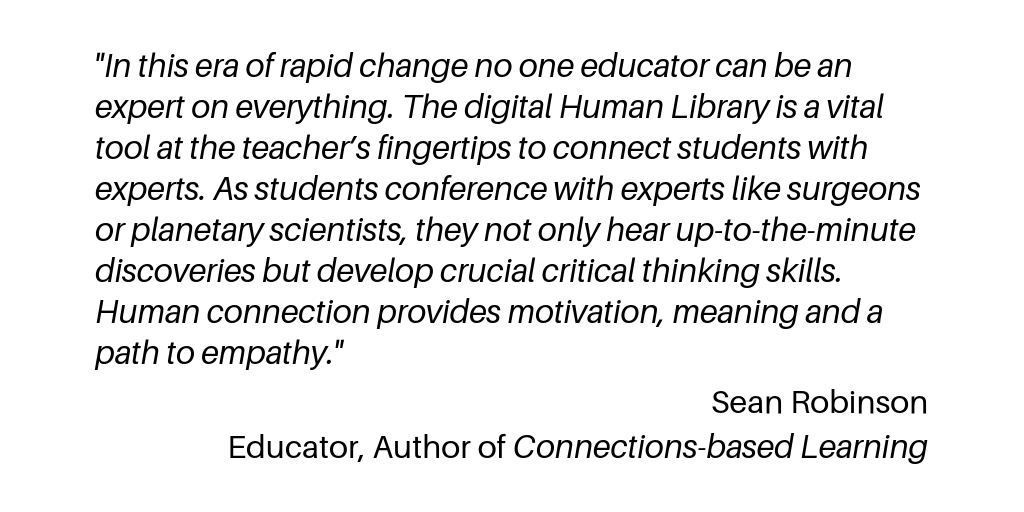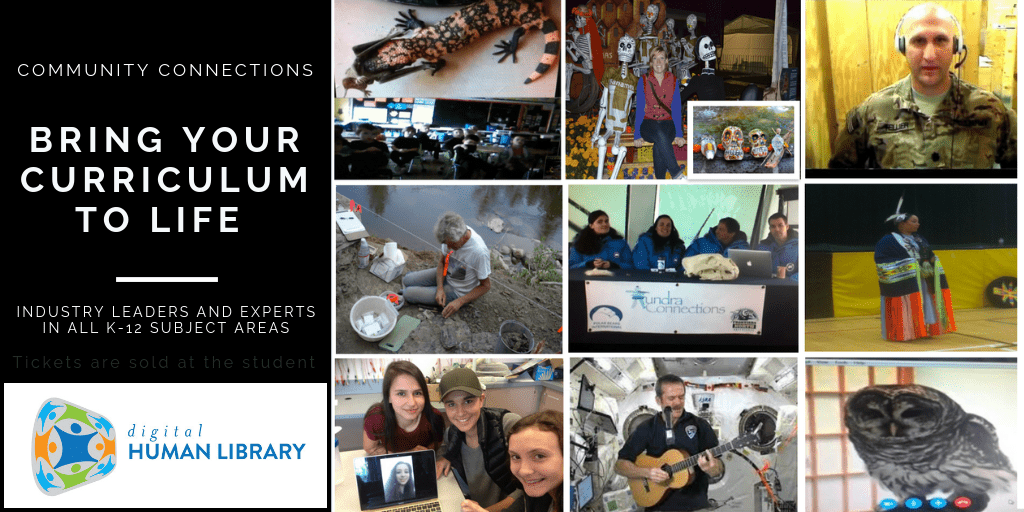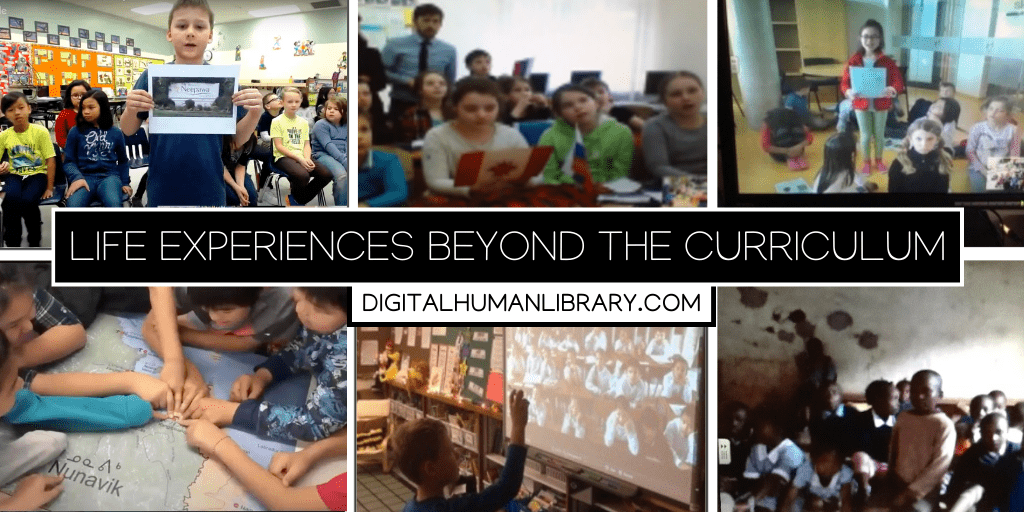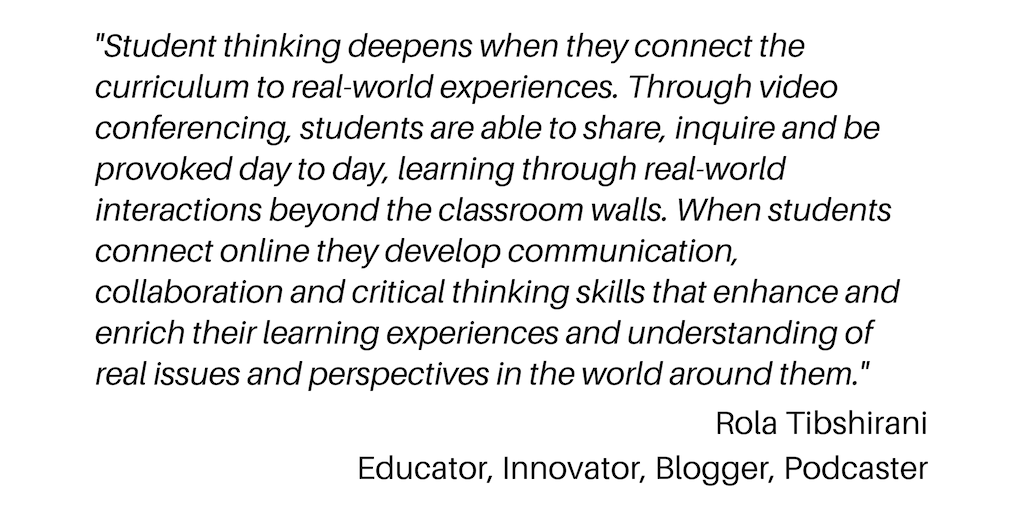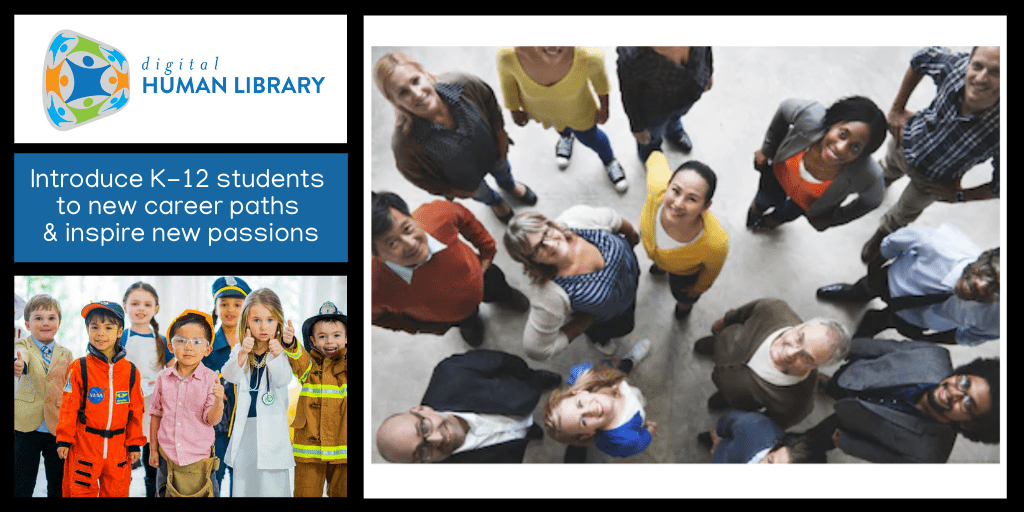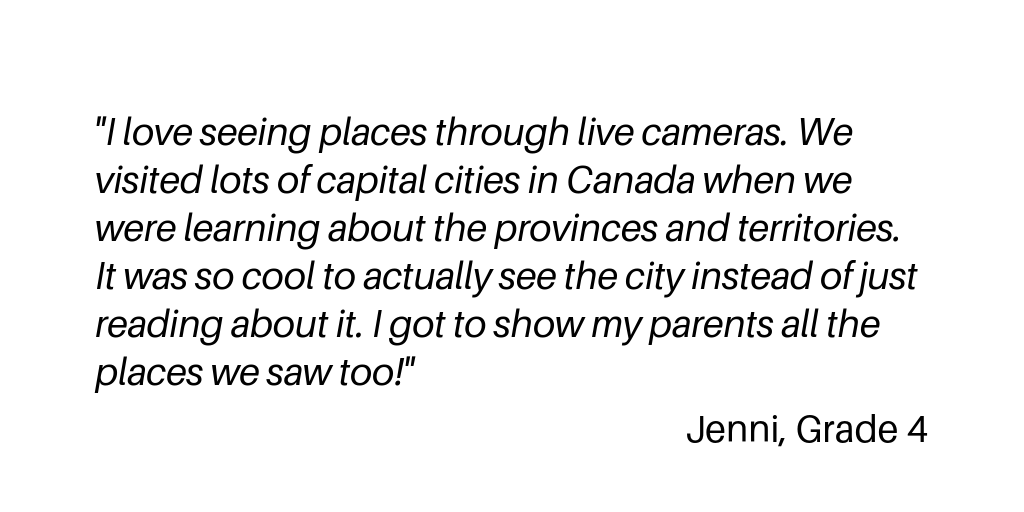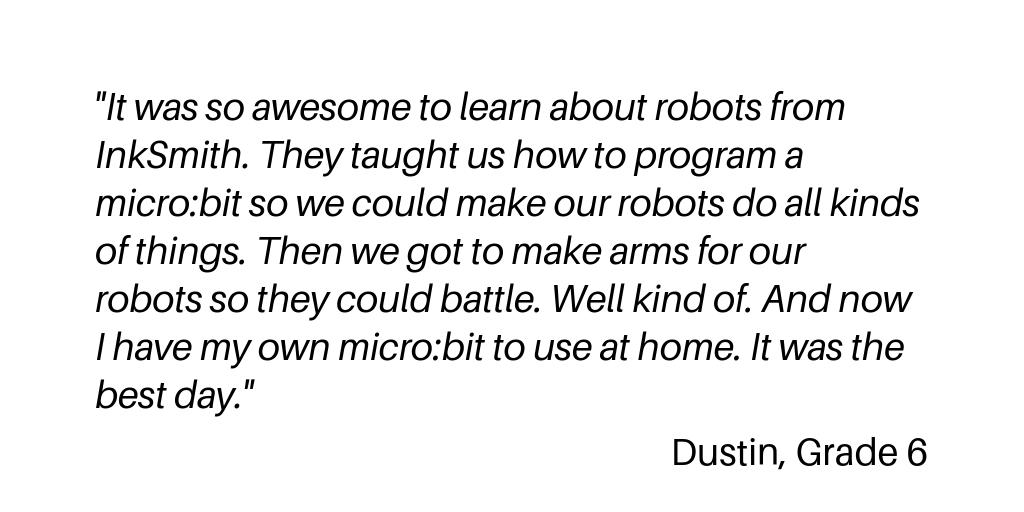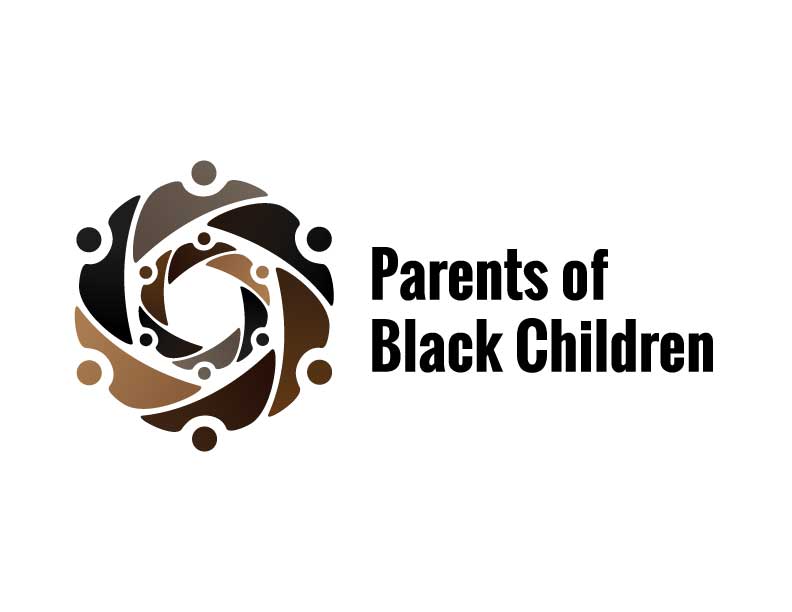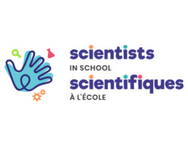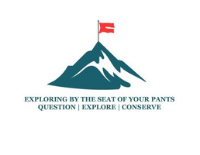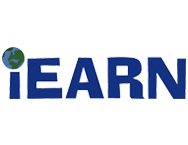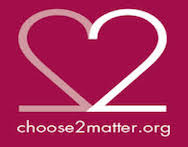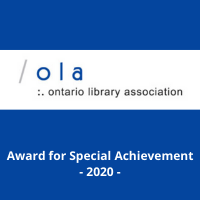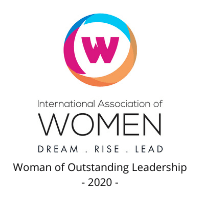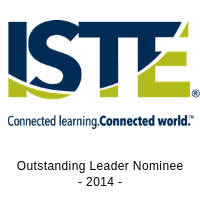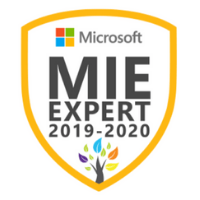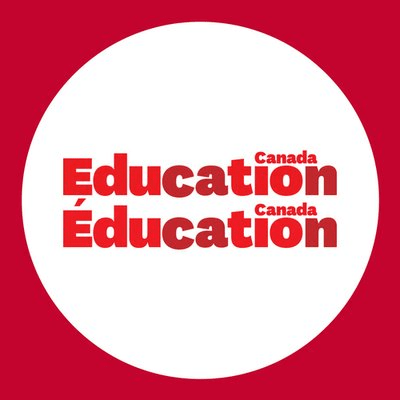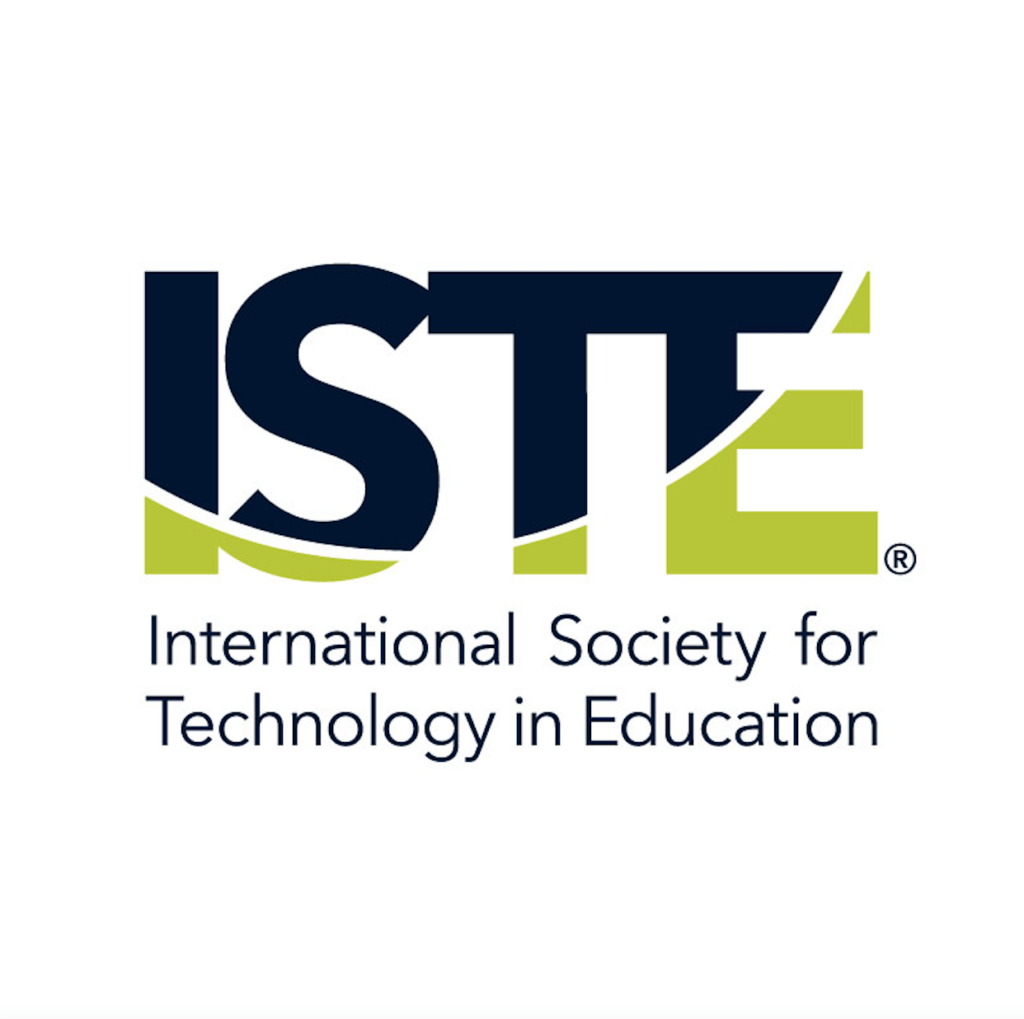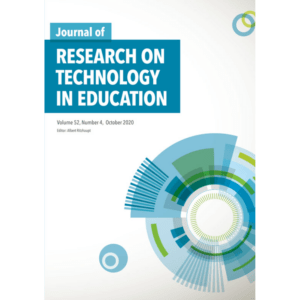A few months ago Dr. Raju Mathew introduced himself to me via LinkedIn and sent me an invitation to connect. I gladly accepted. In his introductory email he explained that for more than 30 years his line of work has been mainly studying the New Generation Knowledge Industry based on his (Mathew’s) Theories of Knowledge Consumption — Production and Knowmatics (Mathematics and Engineering of Knowledge). Like many of you, I read this and had no idea what it meant. I’d never heard of Knowmatics before, and Dr. Raju Mathew’s Theories of Knowledge Consumption seemed a bit over my head. But I was curious about why Dr. Mathew was interested in connecting with me so I read on . . .
What is Knowmatics?
According to Dr. Raju Mathew (2012), ‘knowledge for all’ and ‘making access to knowledge free from the schools or universities’ are the underlying principles of Knowmatics. Dr. Mathew’s research shows that if we work towards providing everyone with access to knowledge, or knowledge for all, we will be capable of empowering the masses. (Mathew, Dr. M. Raju, New Models, Theories and Strategies of Education for the Emerging New Global Social Order. 01/29/12 )
So what does that mean?
Humanity needs knowledge – knowledge packages, solutions and products, which we, as a western society, consume and produce so everyone has access. Knowledge for all has also revolutionized education, including MOOCs (Massive Open Online Courses), e-learning, professional practices, research and decision making. Without knowledge, Dr. Mathew explains, « data or information has no value or relevance. Nobody can be empowered with data or information, only knowledge. » (Dr. Raju Mathew, personal communications, March 8, 2013)
Still confused about Knowmatics and what all of this means?
During my research I learned that Dr. Mathew began to study the problems in the Arab World, especially with regard to its move towards the western world, or knowledge society/economy, after he attended the Arab Strategy Forum held at Dubai in 2009. According to Dr. Mathew, it will take at least 100 years for the Arab World to enter into the Age of Knowledge, if it follows the conventional education and knowledge system currently in place in the western world. Instead, Dr. Mathew argues that the Arab world, as well as other developing countries need direct access of knowledge and a revolutionary knowledge transferring and enriching system, similar to the western world’s current digital system in place. Then, and only then will the developing world be able to move forward.
Live Knowledge Banks
Dr. Mathew’s (2012) work is culminating in a global effort to develop Knowmatics and build up Live Knowledge Banks in different languages at different levels, which he believes are required so as to ensure accessibility of knowledge for all, and augment consumption and production of knowledge at higher levels.
Dr. Mathew’s explains that knowledge can be either a stock or a flow. Knowledge kept in books, libraries, computers or even on the internet is a stock and can be called ‘Static Knowledge’ – knowledge that can be tapped with the ability to read , grasp and apply.
Knowledge, even the latest or advanced, coming out from the mind or intellect of experts to reach the people in their own style and language may be called ‘Dynamic Knowledge’ – knowledge that can be tapped, grasped and applied even without the ability to read or write. Even an illiterate farmer can be empowered with the latest knowledge in agriculture, provided it is delivered in his own style and language.
If the Arab World opted for the familiar western model of an education system, it will take at least 100 years for it to enter the Knowledge Society or Economy. On the other hand, the Knowmatics-based Knowledge Industry envisions « Dynamic Knowledge Banks that can make knowledge free from the boundaries of schools, colleges and universities and ensure the accessibility and use of knowledge without any barriers. Dynamic Knowledge Banks are capable of delivering formal school or university education at one tenth of the cost with ten times the quality, which would also extend to millions all over the world. It can also pave the way for making practicing professions, scientific research and decision making more knowledge intensive. » (01/29/12 New Models, Theories and Strategies of Education for the Emerging New global Social Order by Dr. Raju M. Mathew)
Knowmatics and the Digital Human Library
So why did Dr. Raju Mathew contact me? He believes we are working towards the same goal – making knowledge more accessible to the masses by creating opportunities for « experts » to share their knowledge and experiences with larger audiences. Dr. Mathew believes that if the Digital Human Library is interested in cooperating and collaborating, we could work towards pooling the best brains to serve all kinds of people, from illiterates to super specialists, offering even more people unlimited educational and business possibilities. (01/29/12 New Models, Theories and Strategies of Education for the Emerging New global Social Order by Dr. Raju M. Mathew)
Dr. Mathew’s Dynamic Knowledge Bank needs heavy investment. And there are a lot of questions. Will Dr. Raju Mathew, in collaboration with the Digital Human Library, play a key role in transforming our understanding of knowledge for all? Only time will tell!
Leigh Cassell
Elementary Teacher, AMDSB
Founder of the Digital Human Library
References:
01/29/12 New Models, Theories and Strategies of Education for the Emerging New Global Social Order by Dr. Raju M. Mathew
The theoretical basis of Knowmatics has been thoroughly explained in his paper. ‘ Knowmatics – A New Revolution in Higher Education ’ Journal of World Universities of Forum, 4,1,2011:1-4.
This post is also available in: English (Anglais)


